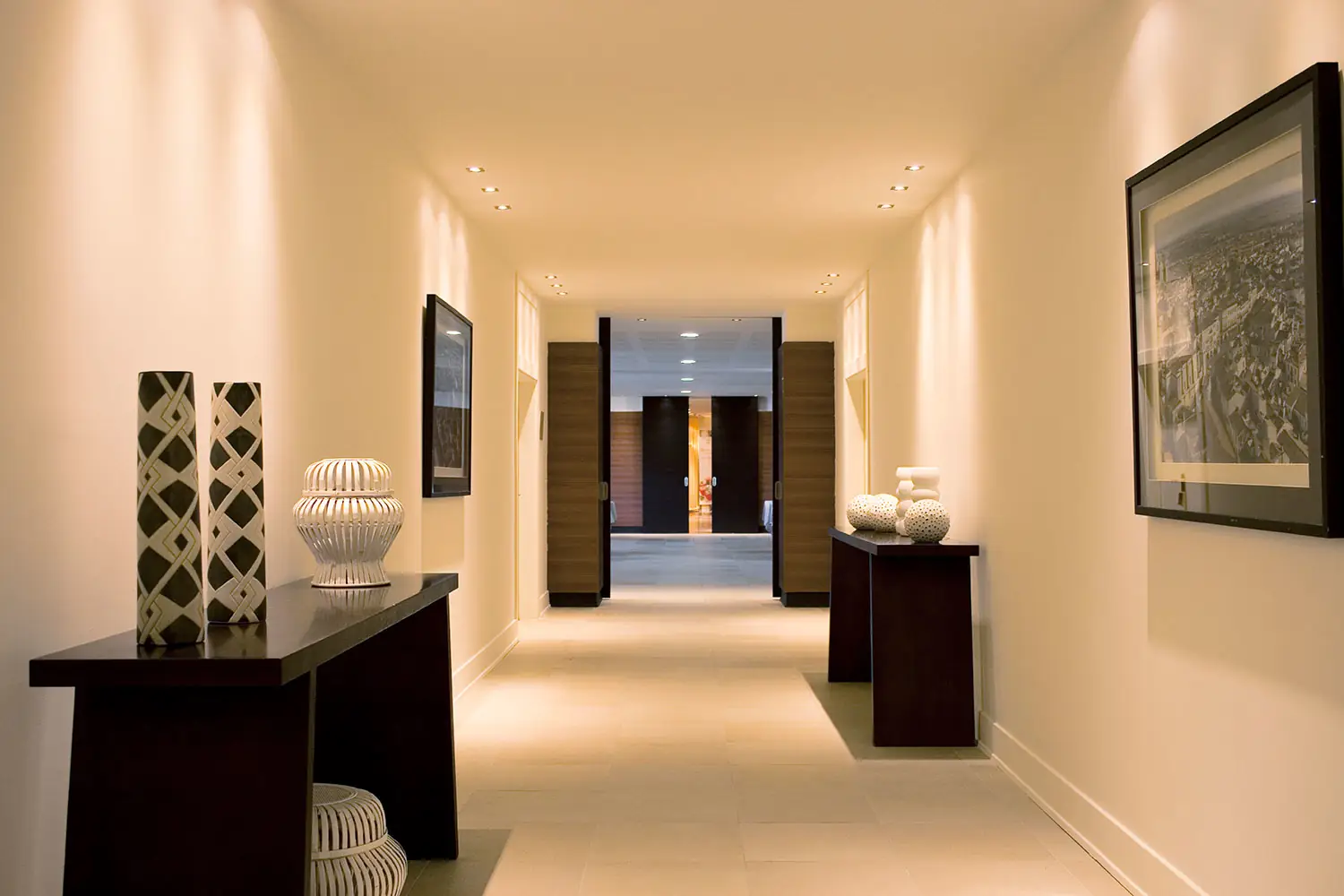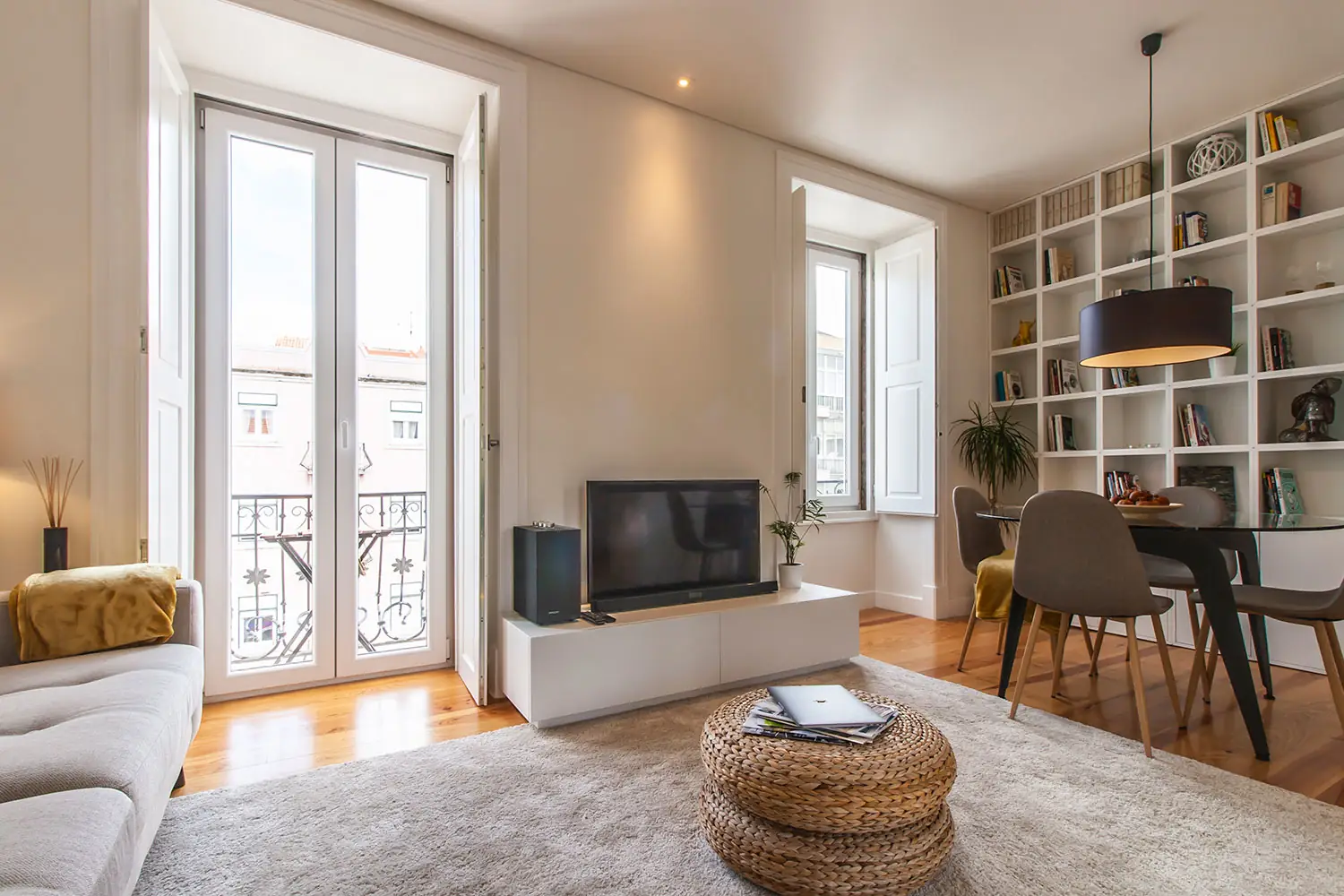TOTE SER's Comment on JLL's 2021 Market Overview
You don't have time to read? Now you can listen.
January is the traditional month for outlining real estate guidelines. It is at this time that the big firms and players in the market get together to discuss current trends in real estate and to predict what will be the directions to follow for the rest of the year. However, in 2021, January was subject to special attention. The market turmoil caused by the current pandemic has resulted in a never before seen caution regarding what the real estate market will be this year.
The pandemic forced a near "shutdown" of tourism, not only in Portugal, but also worldwide. The problem intensifies since the Portuguese real estate landscape is strongly supported by tourism, thus increasing the range of hotel and retail assets that serve the growing number of tourists visiting our country. In the impossibility of using these assets due to the lack of tourism, the market faces a tough situation: it becomes necessary to change in order to survive.

Hotel by Architecture TOTE SER
As a result, the outcome of this situation has led to an appreciation of new trends that are taking over the market. Since then, asset classes like residential, logistics and a revolution in the concept of workplaces have taken the reins of the market all over the world, and Portugal was no exception.
The residential sector has now become even more important. The pandemic has given strength to working from home and, as a consequence, households are now amounting for more than the simple purpose of being the place where we live. Our rooms became our office, our meeting rooms and our living space. In order to respond to the new roles of housing, households need to be more versatile and sophisticated than ever. In terms of investment, JLL advances that 2020 had 25.6 billion euros, which was in line with 2019. 167.5 thousand houses were sold and the average prices increased 1.8% in relation to the values practiced before the pandemic. It's important to emphasize that regardless of the current economic scenario, the residential component shows a outstanding resilience, which only reinforces its investment potential and safety in the future.

Apartment by Architecture TOTE SER
Regarding the commercial sector, Mariana Rosa, responsible for the office area of JLL, guarantees that these "will not end" and that "the office will never be replaced by a personal room. Together, productivity tends to increase". Even so, they have to be reinvented to promote interaction between workers, having already noticed a tendency of searches for larger spaces to create open space areas. This is a concept that has been put into practice by TOTE SER for a long time - we believe that the purpose of a workplace goes beyond the simple place where we perform our professional duties. Being a place where people spend so much time, it should be equipped with facilities that provide conviviality and well-being similar to what we feel when we are in our homes. TOTE SER always aims to try recreating spaces that users imagine for their homes - Living Offices.
In terms of logistics, JLL considers that Portugal does not have sufficient assets to support the enormous growth of e-commerce. These warehouses, which have always had a respected relevance in the real estate market, are now endowed with an importance never seen before. In order to meet the high number of orders and the need to store items in stock, the demand for these assets exploded in 2020. JLL substantiates this phenomenon: "companies need to bet on that last mile to be closer to big cities", which will facilitate deliveries. And adds that in the last year, near Lisbon, in the areas of Matinha and Prior Velho, the price per sqm has gone up a lot, but "there has to be more supply of warehouses, it was a sector that was a little abandoned".

Photo by Israel Andrade in Unsplash
However, the total value of investment in commercial real estate was 2.7 billion euros, recording a drop of 18% compared to the previous year, with JLL saying that 55% of this investment was made in the first quarter of the year, before of the pandemic.
As for hospitality, Karina Simões, Hotel Advisory of JLL, recognizes that this was the segment that suffered the most: "Hotel occupancy rates were 40% below 2019 and overnight stays more than 60%; at the Lisbon airport, arrivals dropped 70%". On the other hand, one of the trends resulting from this "crash" was the repositioning of hotels in residential or mixed use. To this end, there is currently a great demand from hotel investors for hotels located in the centers of major cities, which gather all the variables that reserve profitability to the asset classes individually.
Even so, real estate investment has not stopped. The current sentiment nurtured by real estate players is one of pure optimism facing the adversities of the pandemic. Nevertheless the real estate market provides much greater security and stability than, for example, the stock market. The key, therefore, relies in the ability to adapt to these obstacles, which translates into a reworking of investment focuses, as well as in the strategies used to achieve the objectives. JLL says that "in previous crisis, we saw investors betting on more mature markets and Portugal was at the end of the line. This is not happening now. Portugal remains on the radar of international investors, because we are a safe country, offering extraordinary conditions and those conditions are still here."